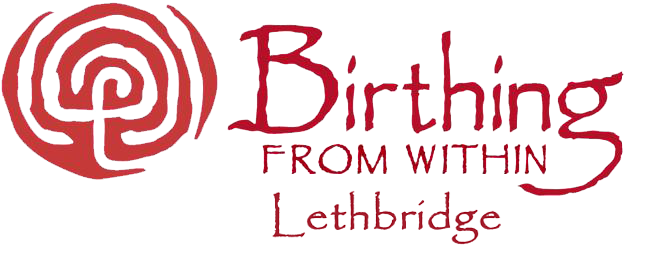In my last post, I reviewed the book Your Best Birth: Know All Your Options, Discover the Natural Choices, and Take Back the Birth Experience
DOULA vs. CHILDBIRTH EDUCATOR
First, I just wanted to clarify that a doula and a childbirth educator are different things. Some doulas are trained as childbirth educators, but not all. Many childbirth educators will teach classes, but will not attend the birth of your baby. In the book, the distinction is not made clearly. I am trained as a doula, not as a childbirth educator. As a doula, I do offer information and resources about birth and I certainly will recommend books and dvds to clients, but I don't offer in depth classes. There are options in our area for Lamaze and Hypnobirthing classes and I will connect clients to these (and might even attend the classes with them).
I hope to become a childbirth educator for Birthing from Within in the next three years and I am taking the first training in June 2011. This will enable me to help couples better prepare for their birth and eventually offer classes that compliment my birth doula services.
DOULA TRAINING
In Your Best Birth, Ricki Lake and Abby Epstein say that doulas start by doing a course and then apprentice (attend births) with more experienced doulas before becoming certified. Maybe this is the case for some doulas in some communities, but in my community the hospital only allows two support people, so it is difficult for more than one doula to attend a birth. Also, there are very few experienced doulas here who are able to act as mentors. I think an apprenticeship for new doulas is an ideal scenario, but do not be surprised if your doula has not had the opportunity to work with a more experienced doula. I am trained through DONA International. For more information about their certification process click here.
DOULAS and DECISION MAKING
Lake and Epstein understand what doulas do, but they don't always explain it well. The statement: "Doulas can help you make the decisions you're faced with during childbirth" is a good example. I help couples prepare before the birth and provide them with information that they are interested in, so they can make decisions during labour. One of the tools I use to do this is the B.R.A.I.N. acronym. Couples can ask these questions of medical professionals about suggested interventions:
Benefits - what are the benefits of this?
Risks - what are the risks to mother and baby?
Alternatives - is there anything else we could do instead?
Instincts - what do the parents' instincts tell them?
Nothing - what happens if we do nothing?
This allows couples to ask questions and the medical staff to respond directly to them. As a doula, it is important for me to maintain a good relationship with the caregivers and not be viewed as confrontational. Also, as I mentioned in my last post, it is important that parents educate themselves and learn to advocate for themselves.
DOULAS HELPING your SUPPORT PEOPLE
This is an area that was covered well in the book. You are the star of your birth and everyone else is the supporting cast. As a doula, I want to help the pregnant woman feel confident and powerful and to help her partner (or other support person) do the best job they can to help her. Often, the most important thing a doula can do for couples is to reassure them they are doing well and that this is what labour looks like. Most people have not seen anyone in labour (TV doesn't count), and don't know what to expect. If they are fearful or in a really medicalized environment, anything that happens can be seen as potentially dangerous. Labour is very intense and sometimes the role of the doula is to remind the support people (and the mother) that birth is not an illness and what is happening is normal.
I hope this post helped clarify some of the more complex questions of what a birth doula can help you with. Please feel free to contact me for more information or an initial interview.
